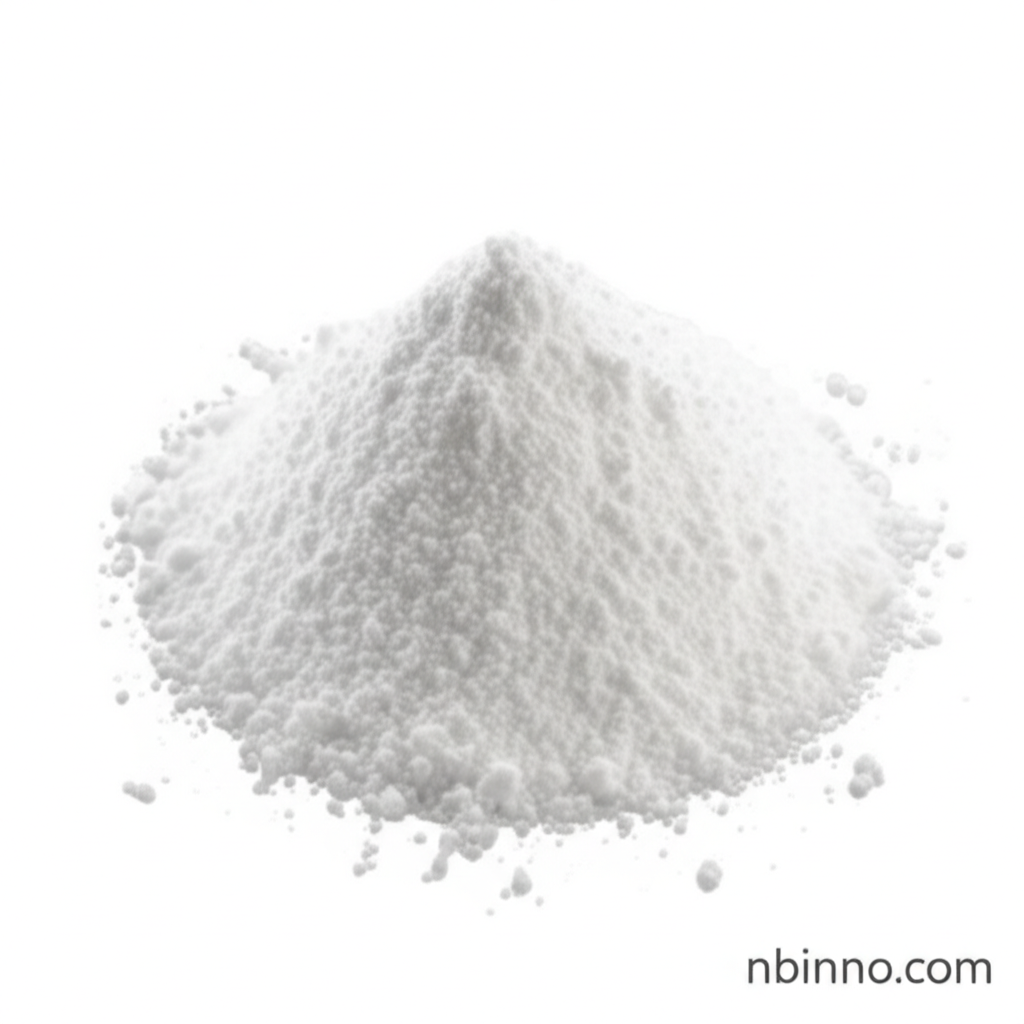Microcrystalline Cellulose (MCC): A Pharmaceutical Excipient Essential for Tablet Formulation
Discover the multifaceted roles of Microcrystalline Cellulose in pharmaceutical manufacturing, from binding to disintegration.
Get a Quote & SampleProduct Core Value

Microcrystalline Cellulose Powder
Microcrystalline Cellulose (MCC) is a vital excipient in the pharmaceutical industry, prized for its exceptional binding, diluent, and disintegrant properties. Its unique physicochemical characteristics make it indispensable for various dosage forms, particularly tablets and capsules.
- Explore the microcrystalline cellulose pharmaceutical excipient properties, including its excellent compressibility and ability to enhance tablet strength.
- Learn about the microcrystalline cellulose manufacturing process, detailing its synthesis from cellulosic materials and resulting in a pure, white powder.
- Understand the benefits of microcrystalline cellulose direct compression, a key application that streamlines tablet production.
- Discover the diverse microcrystalline cellulose uses in pharmaceuticals, from acting as a filler to its role in advanced drug delivery systems.
Key Advantages of MCC
Superior Binding Capabilities
As a strong dry binder, MCC ensures tablet integrity, facilitating efficient manufacturing and consistent dosage forms.
Enhanced Compressibility
The material's inherent plasticity allows for excellent compressibility, crucial for producing robust tablets, a key aspect of microcrystalline cellulose direct compression.
Versatile Disintegration Properties
MCC functions effectively as a disintegrant, promoting the rapid breakdown of tablets, essential for optimal drug release as per microcrystalline cellulose pharmaceutical excipient properties.
Key Applications
Tablet Manufacturing
MCC is predominantly used as a filler-binder in tablet formulations, leveraging its microcrystalline cellulose uses in pharmaceuticals for direct compression and wet granulation.
Capsule Filling
Its properties as a diluent and bulking agent make it ideal for capsule formulations, ensuring accurate dosing and ease of handling, a key aspect of microcrystalline cellulose food grade applications when used as a dietary supplement ingredient.
Food Industry
Functioning as a dietary fiber and stabilizer, MCC enhances the texture and stability of various food products, showcasing its utility beyond pharmaceuticals.
Cosmetic Formulations
In cosmetics, MCC serves as an absorbent and texturizer, contributing to the formulation of skincare and personal care products.
